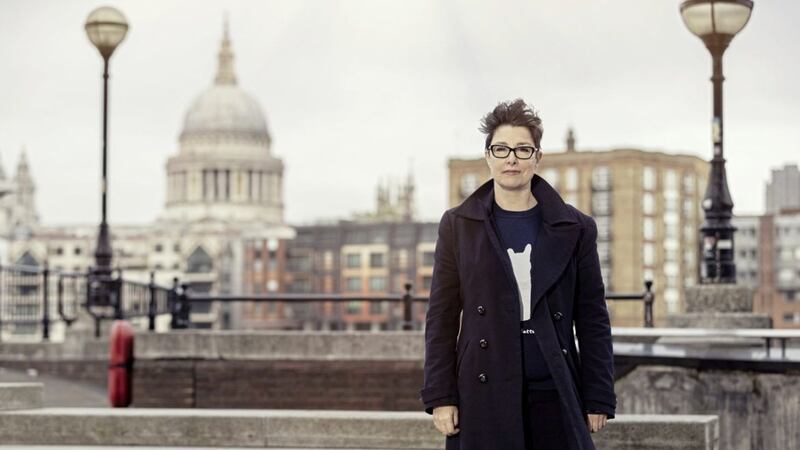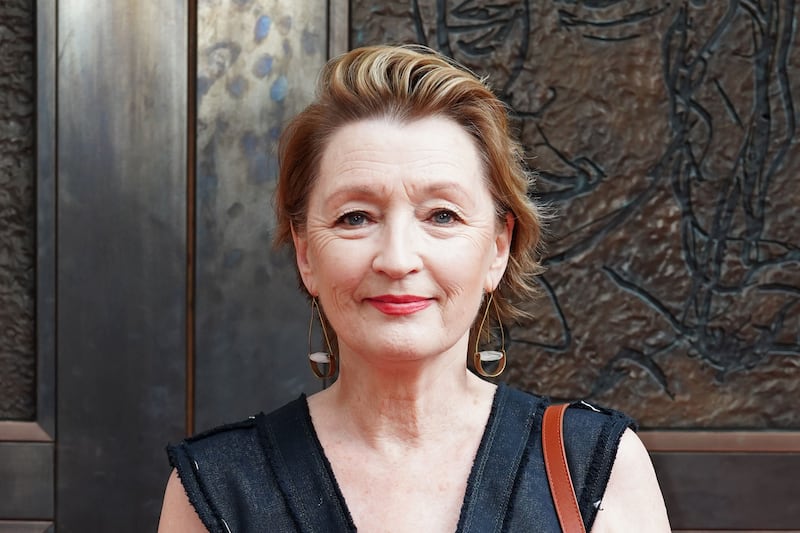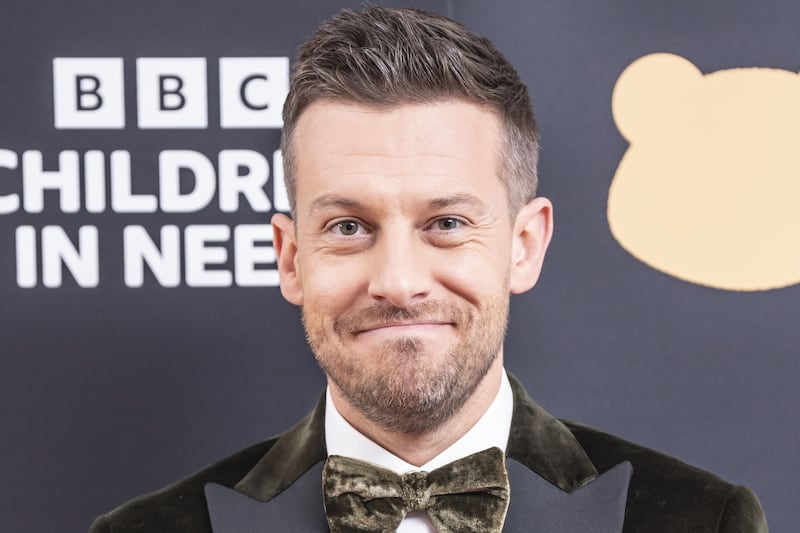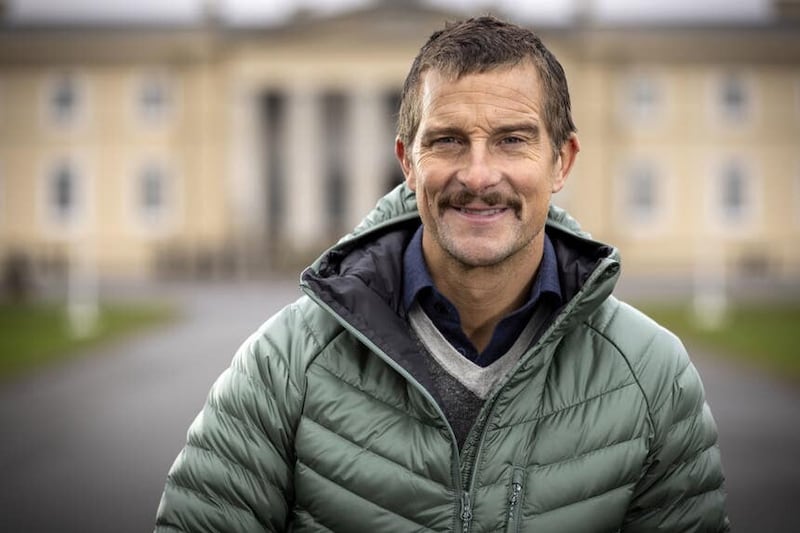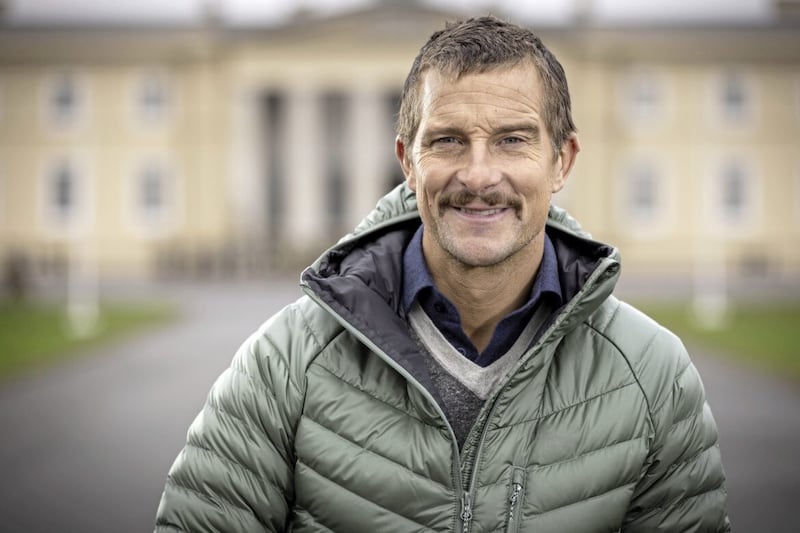WHY DID YOU WANT TO DO WHO DO YOU THINK YOU ARE?
I've been thinking about it since I lost my dad. I think when you lose a parent or a family member, it feels like the hot air balloon that you've been flying in, suddenly, someone's snipped one of the cables. And so there's a sense of precariousness.
For me to recalibrate, I guess, I wanted to find out a bit more about my past, but also him. Why am I the person I am? What impact has my ancestry had on my emotional peccadilloes, my ways of thinking, my patterns of behaviour? They helped me put together the jigsaw puzzle of my life.
YOU FIND OUT A LOT ABOUT YOUR GRANDFATHER IN THE SHOW. WHAT HAPPENED TO HIM?
I associate the Victorian period with something remote – it's something I studied, something we read, and it's not touchable. Because my grandfather was 60-plus when my dad was born, of course, he's very much a child of that time, but I never really fully embraced the fact that that was where he was from.
The workhouse, which is where he was an orphan, is for me an unimaginably antiquated thing, and yet just two generations back, there he was. It was incredibly shocking. Just the word "workhouse", it's emblematic of a level of poverty and suffering that you hope we're beyond, although perhaps not. Just two generations back, that's how people were living. And that's the degree of pain they just had to become immune to.
HOW DID IT FEEL TO DISCOVER THAT MANY OF YOUR ANCESTORS WERE INTERNED OR INCARCERATED?
I have things that I do, emotional tics, and I wanted to see if they were based on anything from my past: I can't stand being incarcerated, it's not full claustrophobia, but I have to move all the time.
Then you look at that programme, and you look at a paternal grandfather who was incarcerated in a workhouse and then in service, you look at my grandma, who was in service, you look at my grandfather, who was in a camp, and then my great-grandfather was in a camp. My great-grandmother's family were all in camps, both German camps and Soviet camps.
It might be a stretch, but also it might not, to say that they know that stress and grief and things like that are hereditary, and, perhaps, my sense of frustration at confinement comes from that.
WHAT LESSONS DID THE SHOW TEACH YOU?
I now know that my great-grandma crossed, horrific, grim mudflats for an eternity and then got on a boat, and then came to London and lived in a slum and started a brand new life and survived when her husband had been sent away for years. She did that. And that's in me. And I should rise to every challenge I have and be grateful, because I don't have to live in that environment.
You're shown what you can do with your biology. And if you're lucky, you get to aspire to it. I feel lucky, because I think they were inspirational folk.
WAS IT AN EMOTIONAL PROCESS?
I did it knowing that I might get emotional, and I have no shame in that. I think it's very important, whenever you're in television, to show the truth of something. But it was so overwhelming. I'm sure your stories would say exactly the same thing. It was a ride. It was a really heavy, brilliant, painful, extraordinary ride.
:: Sue Perkins' episode of Who Do You Think You Are? is on BBC One at 9pm on Thursday May 26.
